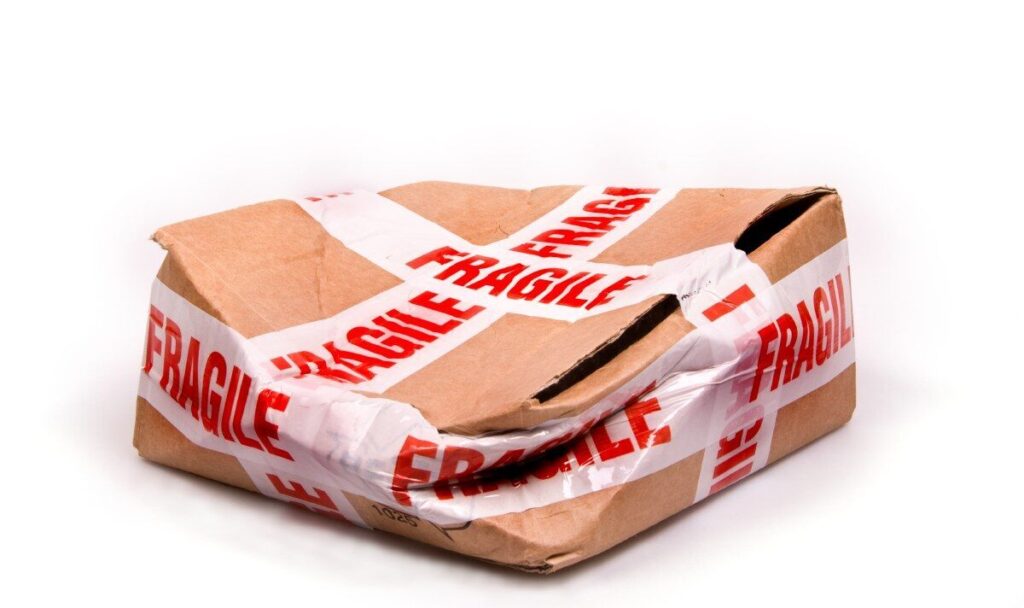Revealed: Brits Waste £33.5 Million a Year on Unwanted Parcels
During lockdown, Brits became experts at online shopping. With non-essential stores closed, retailers pushed their online presence, and we embraced it. Ordering items online became quick and easy.
But with the rise in online shopping came a flood of parcels. While buying was simple, returning unwanted items became a hassle. Many people avoided the trip to the post office, leading to wasted money and environmental harm.
Progressive Robot surveyed Brits and found that £33.5 million is wasted yearly on unwanted parcels. Curious why so much money is lost? Read on to discover the reasons and see the top 10 cities wasting the most.
Millions of Brits Lose Money by Not Returning Unwanted Parcels

Brits waste £33.5 million yearly on unwanted parcels. This not only hurts bank balances but also harms the environment. Unreturned items often end up in landfills because shoppers never wanted them in the first place.
The main reason is how easy online shopping is. Over 53% of Brits said that “click and pay” options fuel their shopping habits. This convenience leads to impulse buys and wasted money.
77.8% of People Find Returning Parcels Time-Consuming
Returning parcels is a chore. First, you must find time in your schedule. Then, you must work around post office hours. It’s no surprise that 77.8% of people find returning parcels time-consuming.
This hassle often leads to people keeping unwanted items. Over 37% of Brits admitted to buying things on impulse. The lesson? Think before you click “buy” to avoid wasting money.
The Top 10 Cities Wasting the Most on Unwanted Parcels
Progressive Robot surveyed the UK to find which cities waste the most money on unwanted parcels. Here are the top 10:
- Newcastle – £1,240.92 wasted yearly. Residents also spent the most online, with an average parcel costing £34.47.
- Liverpool – £767.76 wasted yearly.
- London – £737.52 wasted yearly.
- Sheffield – £710.40 wasted yearly.
- Bristol – £696.00 wasted yearly.
- Manchester – £653.04 wasted yearly.
- Southampton – £626.08 wasted yearly.
- Leeds – £575.76 wasted yearly.
- Nottingham – £529.92 wasted yearly.
- Glasgow – £492.96 wasted yearly.
Glasgow was the least wasteful city. Only 13% of residents regretted online purchases, the lowest among all cities. Glasgow also had the fewest people who preferred online shopping (34.8%). This suggests that shopping in-store reduces waste.
How to Avoid Wasting Money on Unwanted Parcels
Here are some tips to save money and reduce waste:
- Think Before You Buy – Avoid impulse purchases. Ask yourself if you really need the item.
- Check Return Policies – Before buying, check the retailer’s return policy. Make sure returns are easy and free.
- Try Before You Buy – If possible, shop in-store to avoid the hassle of returns.
- Plan Returns – Set aside time to return unwanted items promptly.
Conclusion
Online shopping is convenient, but it leads to wasted money and environmental harm. By being mindful of purchases and returning unwanted items, Brits can save millions yearly.
For more insights, visit Progressive Robot’s blog. We cover topics like the world’s busiest websites, nostalgic sites, and the best UK business locations. Let’s shop smarter and waste less!







